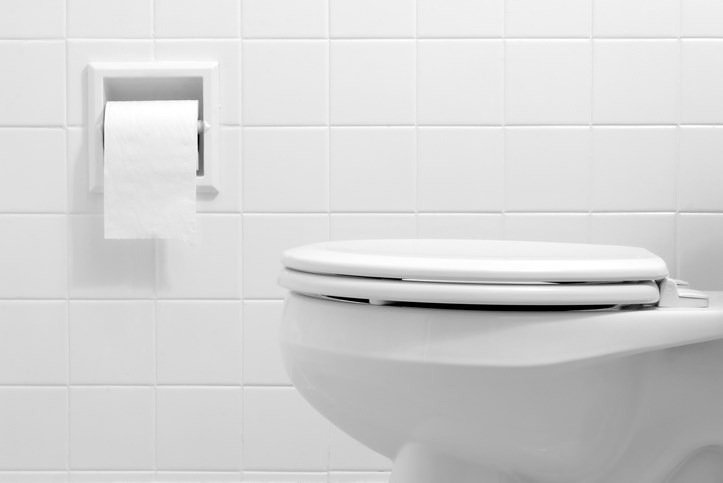Samples taken from Longmont’s wastewater indicates a feared surge of COVID-19 cases after the Thanksgiving holiday may not emerge, a top city official said this week.
Deputy City Manager Dale Rademacher during Tuesday’s virtual study session told council COVID surveillance testing on the city’s wastewater can detect signs of the virus seven days before it is reported to health officials.
“A sample taken today will give us some indication of the number of cases we may anticipate in Longmont a week from now,” Rademacher told council members.
“At this point, we are not seeing a surge from Thanksgiving,” Rademacher said. “We’re looking at the next several days to see if there is any spike ...”
Rademacher emphasized the wastewater testing program is still in the preliminary stages. The city is working with local and state health officials to have the Longmont data reflected in COVID-19 dashboards, which may happen in the next two weeks, he said.
Wastewater testing could help communities react quicker to COVID-19 activity, City Manager Harold Dominguez said. “It will show us ahead of time about COVID rather than see it in case counts,” he said.
Longmont is one of 16 municipalities, representing 50% to 60% of the state’s population, partnering with the Colorado Department of Public Health and Environment to conduct COVID surveillance testing on wastewater, according to a news release from CDPHE.
In August, Longmont signed an intergovernmental agreement with the state to be part of the testing. CDPHE has secured $520,000 to cover the cost of analysis for the duration of the program, according to the agreement.
The city handles the sampling at Longmont’s wastewater treatment facilities and shipping the samples to a Colorado State University lab for testing.
Once the samples of the wastewater are sent to the lab, the virus’ genetic material is pulled out of the sample and tested. Testing indicates if there is an increase or decrease in virus material over time, which could indicate if there is an increase in COVID-19 cases in the community, Nicole Rowan, CDPHE’s Clean Water Program manager, stated in a blog post.


